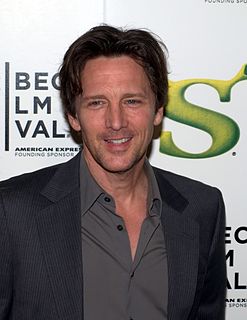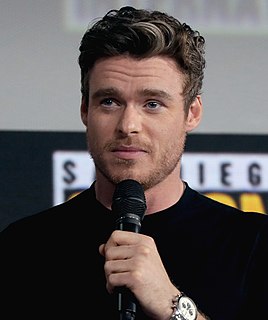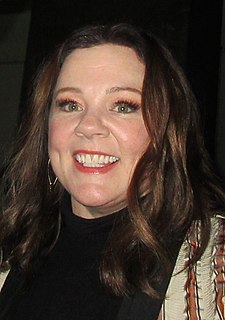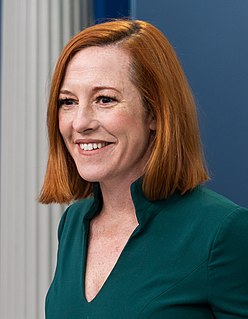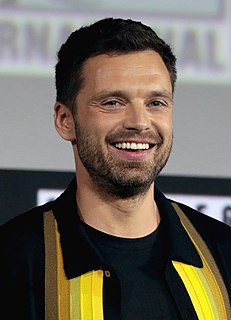A Quote by Seth Grahame-Smith
Some novels present a story form many points of view. Most movies tell only one person's side of the story. Sometime it's easy to use the strongest point of view, or find the character with the most dramatic experience. It depends on which themes the scriptwriter wants to explore.
Related Quotes
One of the most beautiful things about 'Game of Thrones' is it's told from so many different points of view, and these characters can convince you that what they're doing is right. But they're only showing you a bit of the picture, and when you see it from another character's point of view you may switch allegiances.
There are some books that refuse to be written. They stand their ground year after year and will not be persuaded. It isn't because the book is not there and worth being written -- it is only because the right form of the story does not present itself. There is only one right form for a story and if you fail to find that form the story will not tell itself.
I think there's so many points of view that you want to make sure your stories are being told from men and women... you get all of the different backgrounds. You don't want every story being told from the same point of view. So just for better storytelling, I'm like, 'Yes, please, bring some more ladies on.'
If we only look far enough off for the consequence of our actions, we can always find some point in the combination of results by which those actions can be justified: by adopting the point of view of a Providence who arranges results, or of a philosopher who traces them, we shall find it possible to obtain perfect complacency in choosing to do what is most agreeable to us in the present moment.
But every point of view is a point of blindness: it incapacitates us for every other point of view. From a certain point of view, the room in which I write has no door. I turn around. Now I see the door, but the room has no window. I look up. From this point of view, the room has no floor. I look down; it has no ceiling. By avoiding particular points of view we are able to have an intuition of the whole. The ideal for a Christian is to become holy, a word which derives from “whole.
Everybody you work with sees what you're doing from a different point of view, a very specific point of view. So, if someone is lighting, they're seeing it from that point of view. A production designer is seeing it from the placement of furniture that tells you about the character. Everything that goes into the room should tell you about the person who lives in that room.

